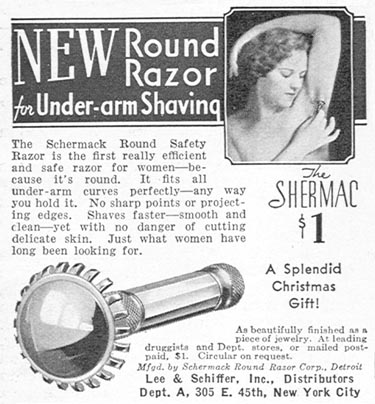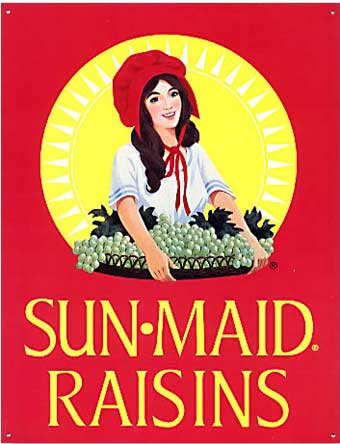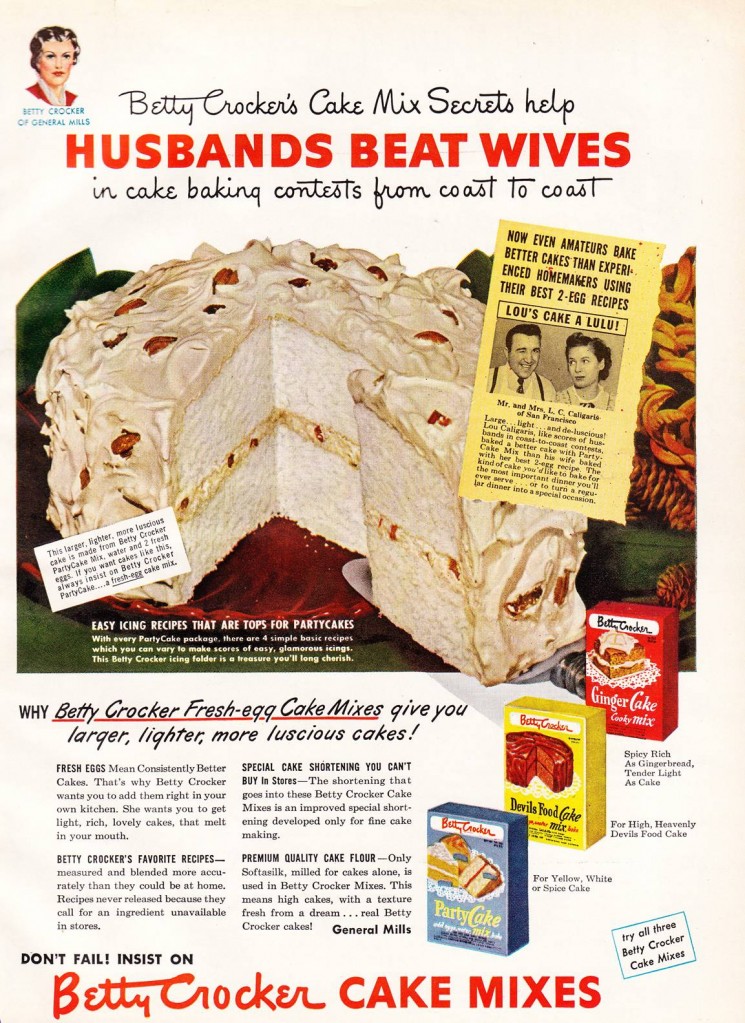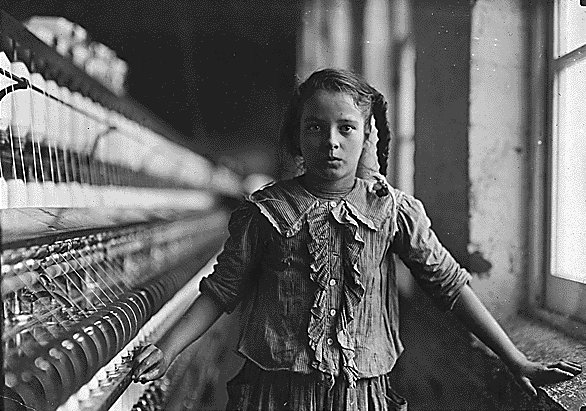In this clip from QI, the host and guests discuss the Roman God Mithras and his suspicious similarity to Jesus:
Thanks to Mytch P. for sharing this show with me!
Lisa Wade, PhD is an Associate Professor at Tulane University. She is the author of American Hookup, a book about college sexual culture; a textbook about gender; and a forthcoming introductory text: Terrible Magnificent Sociology. You can follow her on Twitter and Instagram.






























